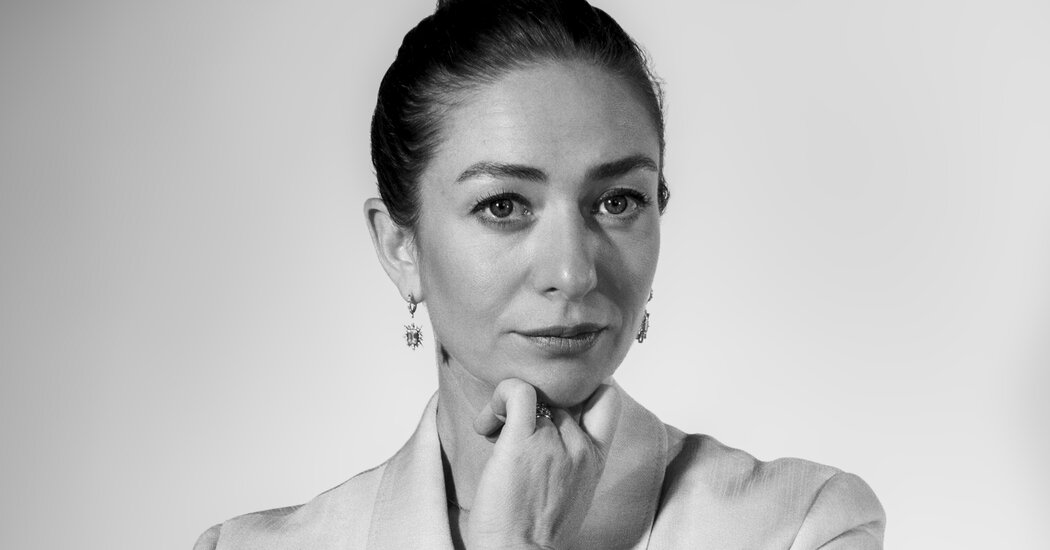Exploring the Future of Dating Apps with Whitney Wolfe Herd
In a revealing interview, Whitney Wolfe Herd, the CEO and founder of Bumble, shares insights into her journey from co-founding Tinder to leading a female-centric dating platform while navigating the challenges of the tech industry.
Early Career and the Birth of Bumble
Whitney Wolfe Herd emerged in the tech space as one of the co-founders of Tinder, helping to popularize the swipe-based dating model. However, her tenure at Tinder was marred by personal and professional challenges, including a legal battle against the company that led her to claim sexual harassment and discrimination, which was settled with no admission of wrongdoing.
Subsequently, Wolfe Herd established Bumble, a dating app designed not only for romantic connections but to empower women by allowing them to take the initiative in reaching out first. This innovation quickly garnered attention, positioning Bumble as a “feminist Tinder.”
The Girlboss Era and Its Evolution
Wolfe Herd became a prominent figure in the girlboss movement, symbolizing young female entrepreneurship and leadership. At 31, she made headlines for being the youngest woman to take a company public, exemplifying potential and ambition.
However, shifting perceptions of the girlboss narrative have prompted Wolfe Herd to reflect critically on this branding. She acknowledges the dark turn the narrative took in recent years, where women in leadership faced intense scrutiny and backlash.
The Challenges of Leadership and Personal Growth
In March 2023, Wolfe Herd stepped back into her role as CEO after a hiatus, during which she grappled with her identity beyond her association with the Bumble brand. “It was the first time I was faced with, Who am I? Without one of these huge consumer brands attached to me,” she remarked.
Her departure was primarily due to exhaustion and a desire to balance her personal life, including spending time with her family. Despite the challenges, her return comes at a pivotal moment for Bumble, which has seen fluctuations in stock performance and changes in user engagement.
Understanding User Engagement in a Changing Landscape
As dating app usage evolves, particularly among younger generations, Wolfe Herd observes a shift in user expectations. “Gen Z-ers are a little tired of swiping left or right,” she noted, indicating a growing fatigue with traditional dating app models.
She’s recognized that many users feel rejected and judged on these platforms, leading to a decline in engagement. Wolfe Herd emphasizes the importance of creating a more meaningful and enriching user experience moving forward.
Technological Innovations: A Path Forward
Looking to the future, Bumble aims to incorporate Artificial Intelligence to enhance user experience. Wolfe Herd believes that A.I. can facilitate better matching processes by evaluating user profiles more effectively. “The goal for Bumble is to become the world’s smartest matchmaker,” she stated.
Additionally, Bumble plans to introduce features that go beyond dating, helping users form friendships and build community connections. Wolfe Herd envisions Bumble not just as a dating platform but as a space for fostering genuine human relationships.
Reflecting on the Broader Tech Industry
Wolfe Herd has witnessed significant challenges for women in tech, particularly regarding venture capital funding and leadership roles. She highlights an unsettling trend where young female entrepreneurs struggle to gain traction compared to their male counterparts, suggesting that the tech industry still has a long way to go in achieving gender equity.
In a time of increasing skepticism towards female leaders, Wolfe Herd remains steadfast in her commitment to inclusivity and ethical leadership, advocating for the importance of genuine human connection in an era distracted by technology.


